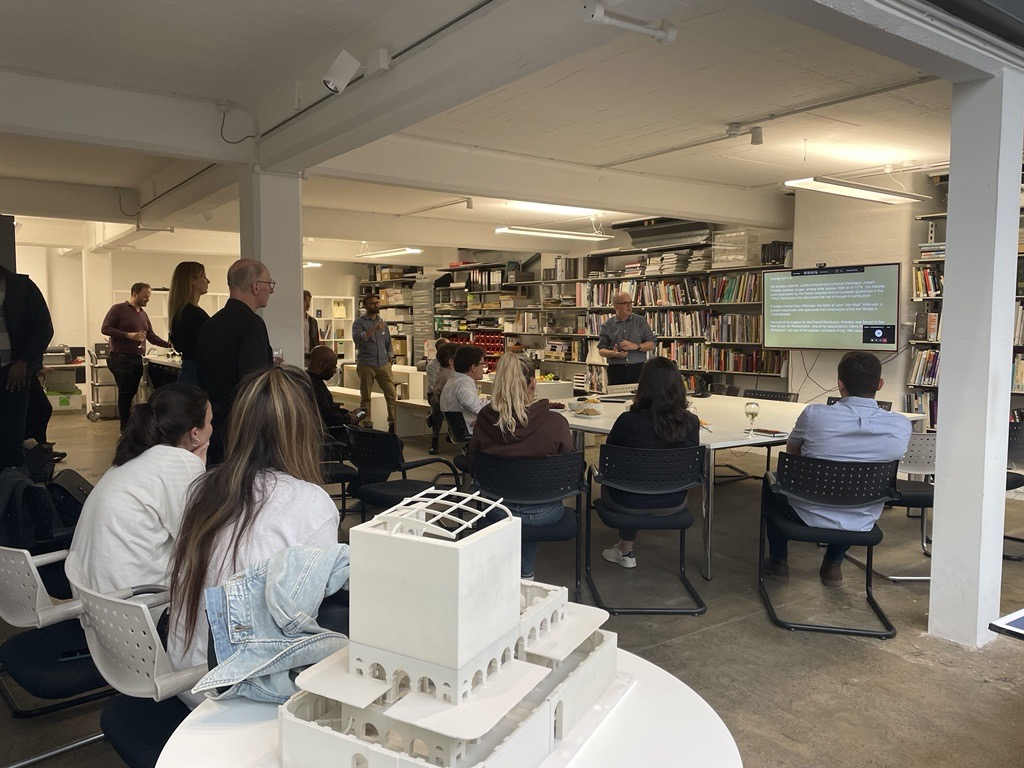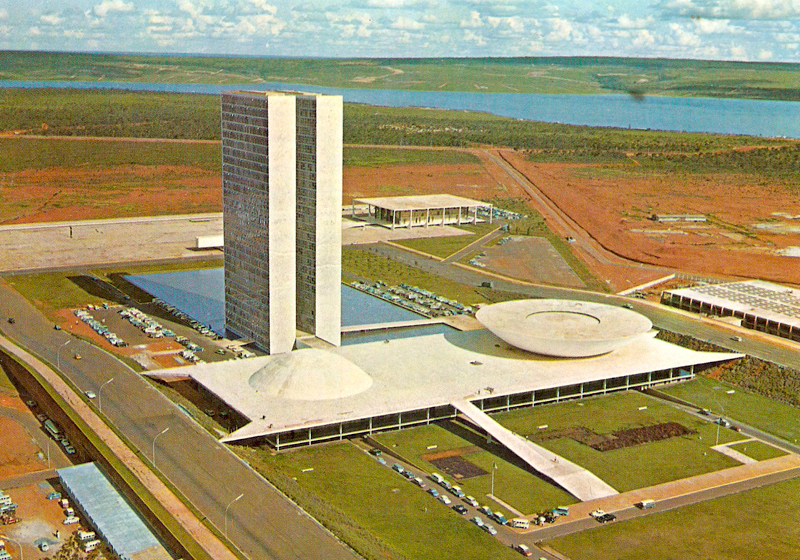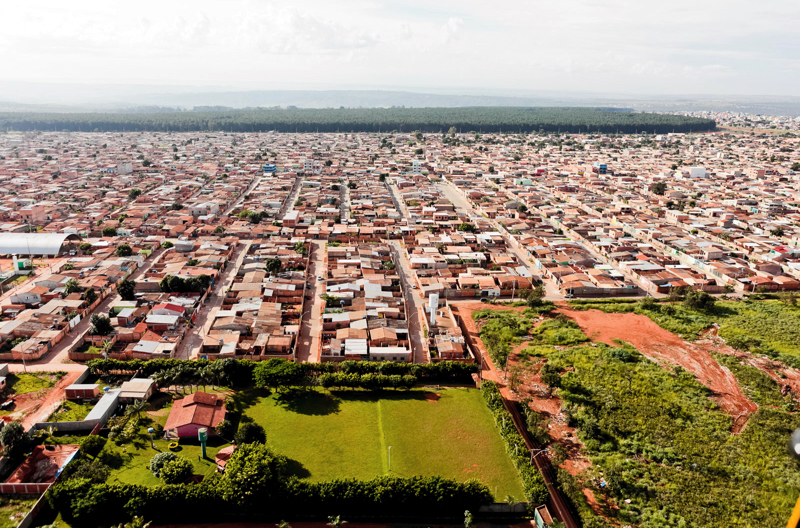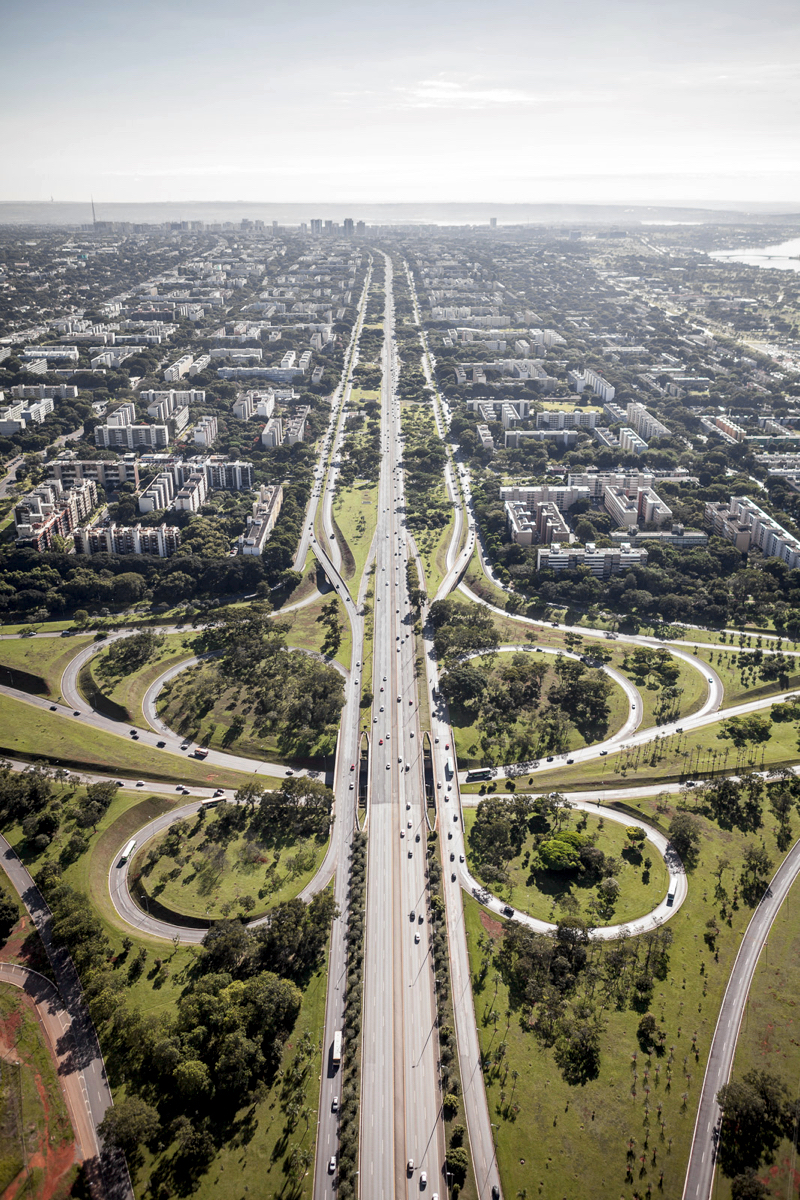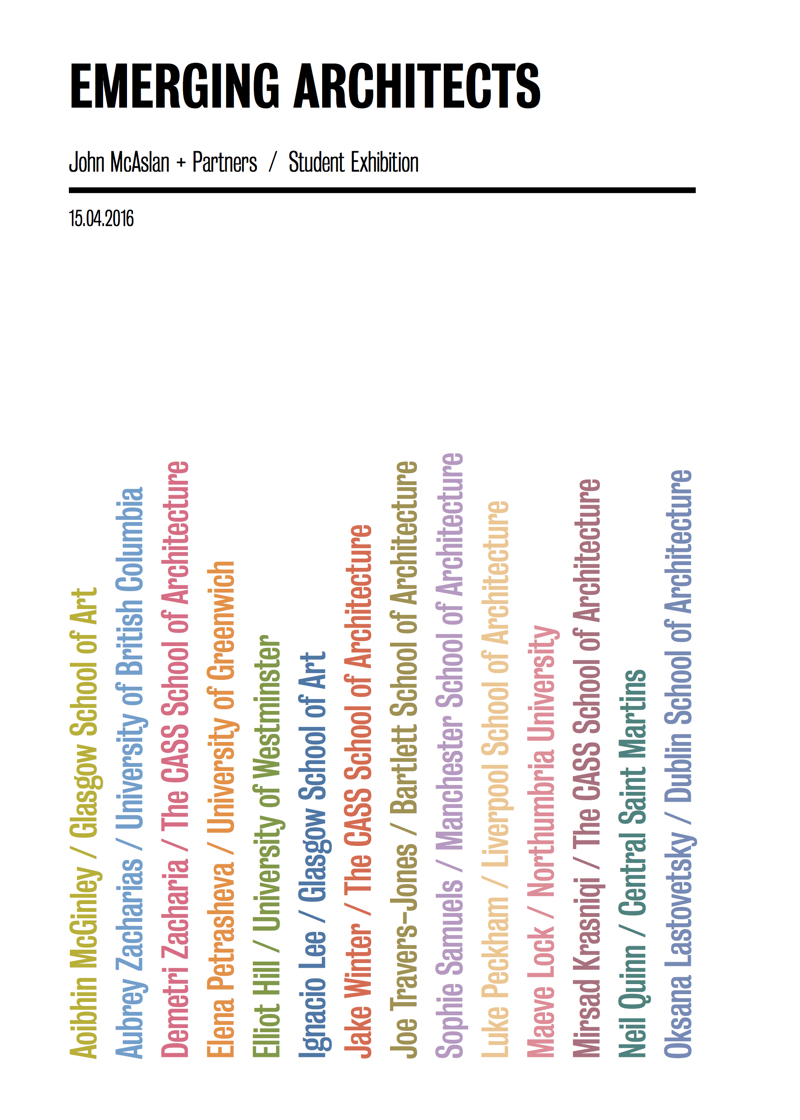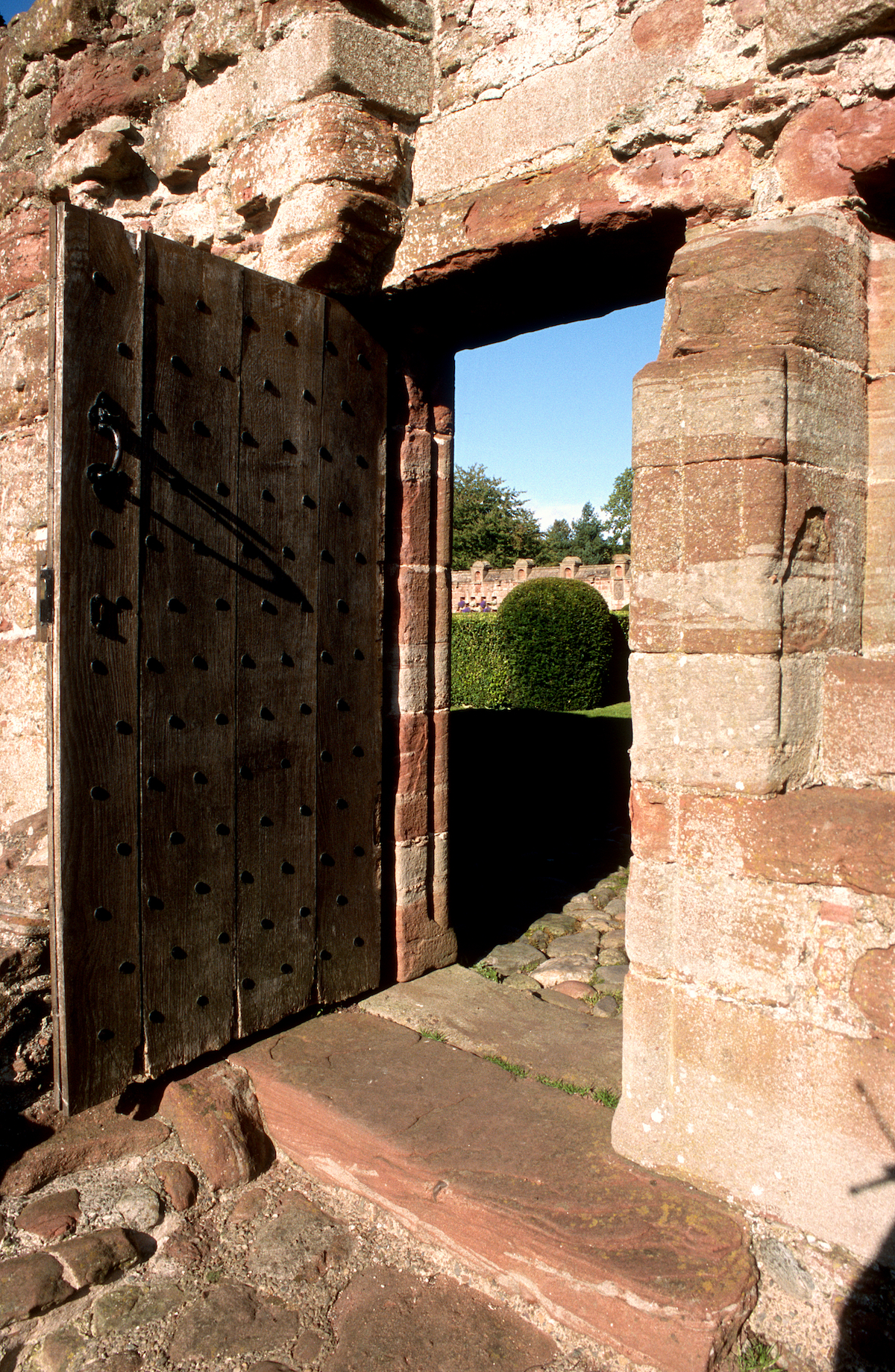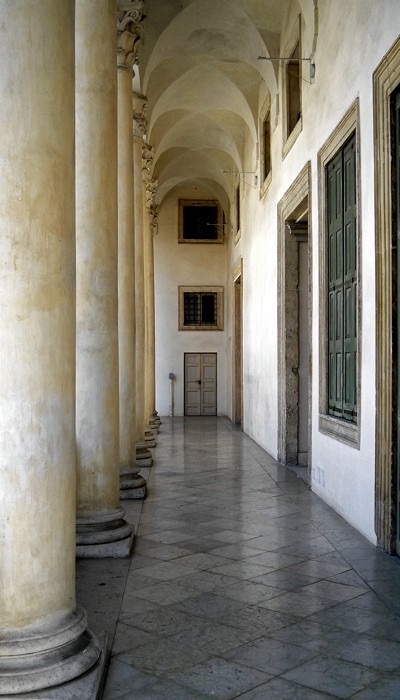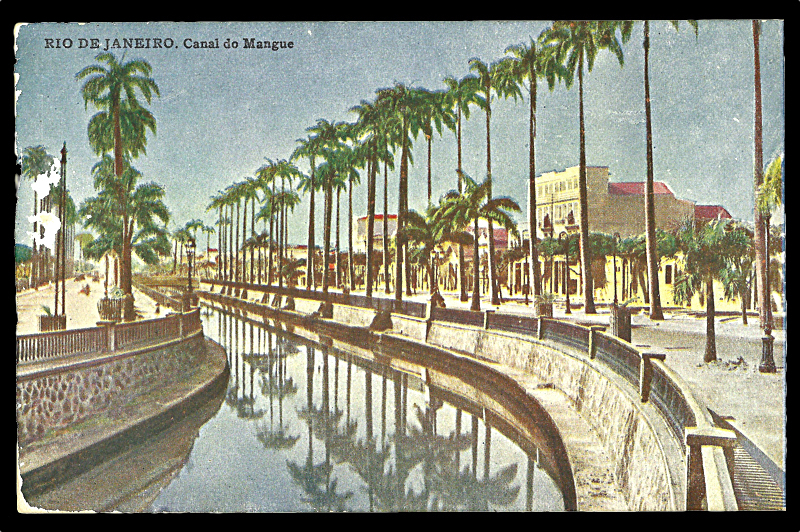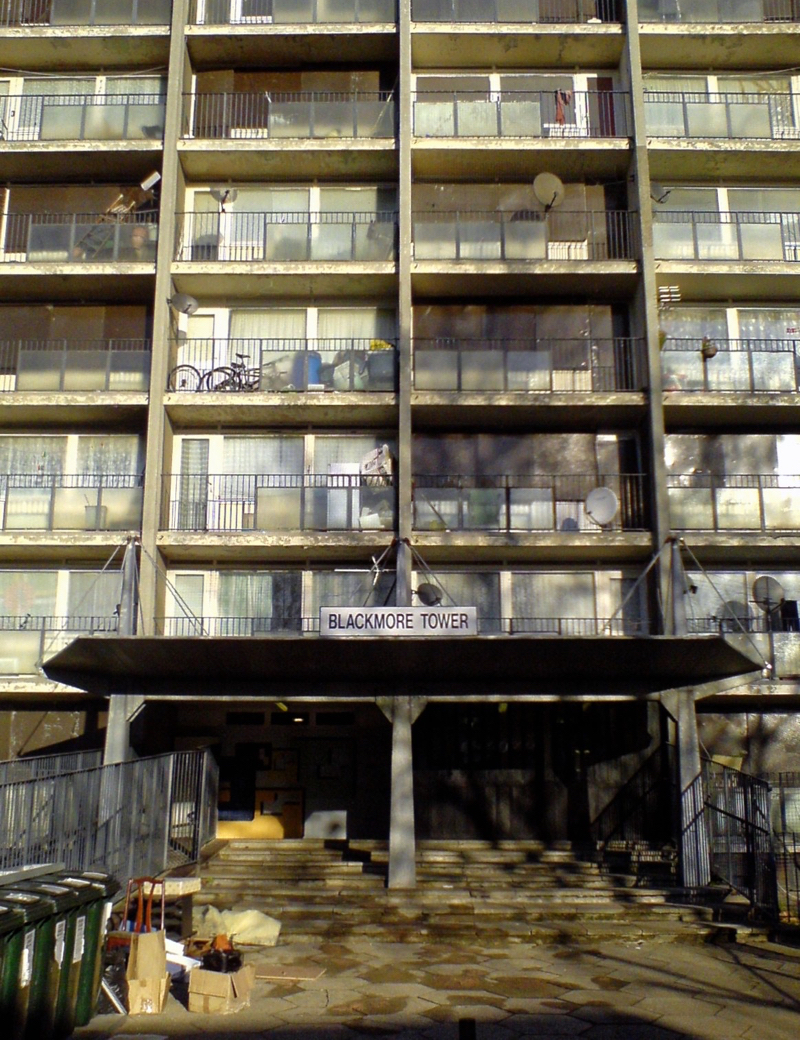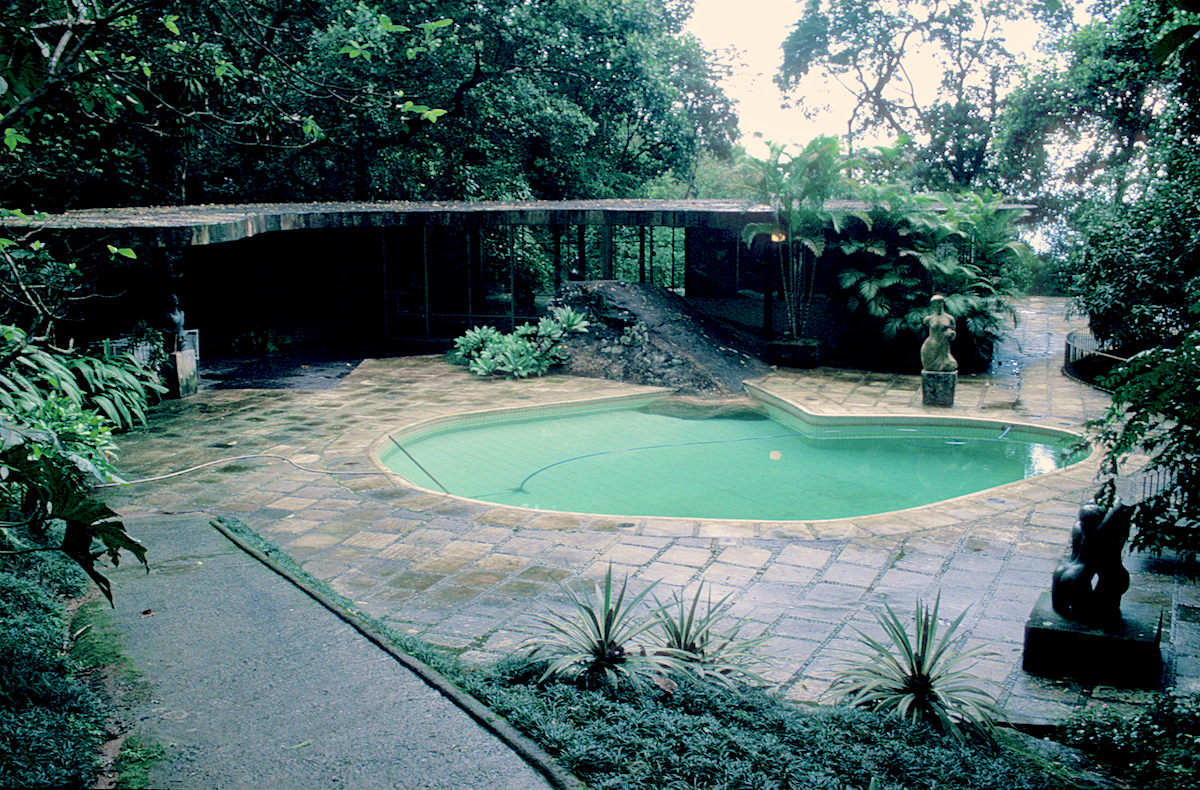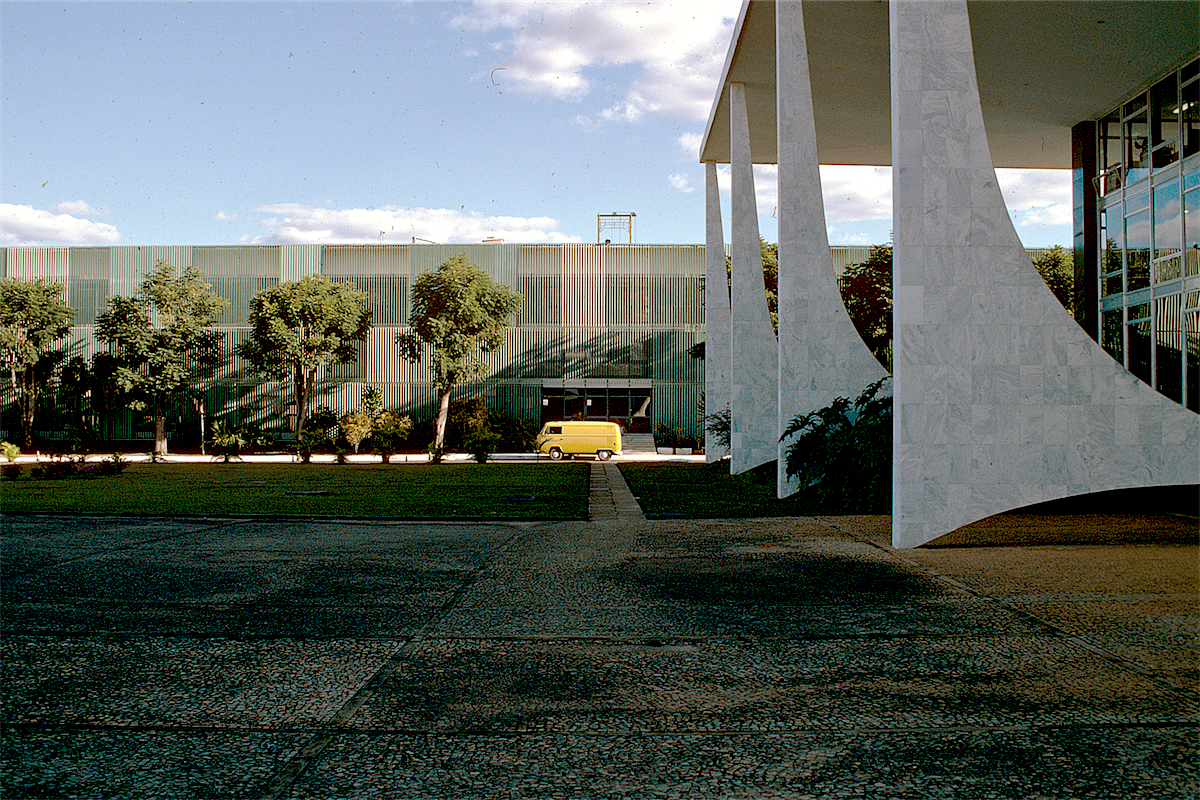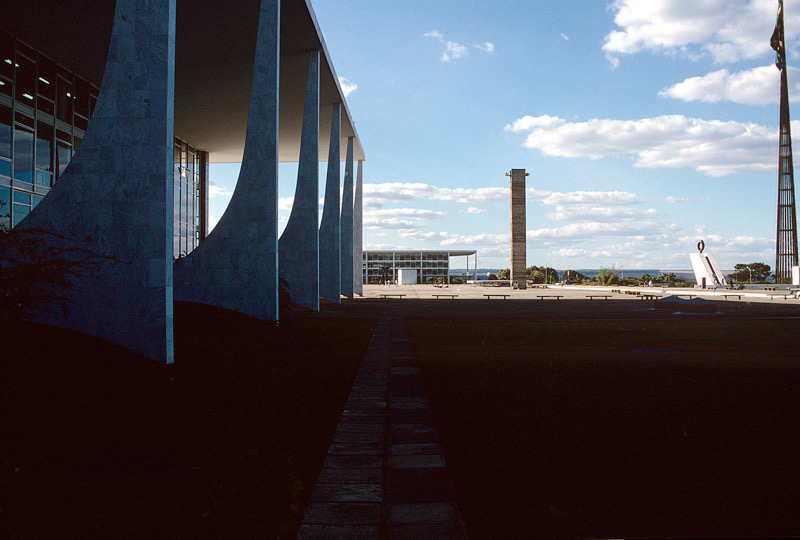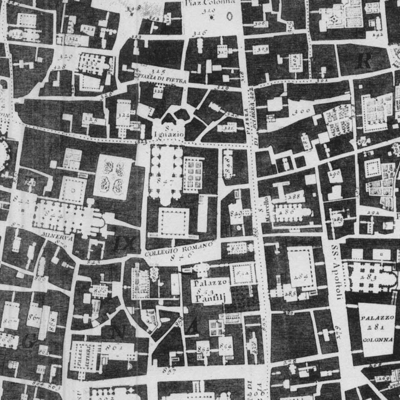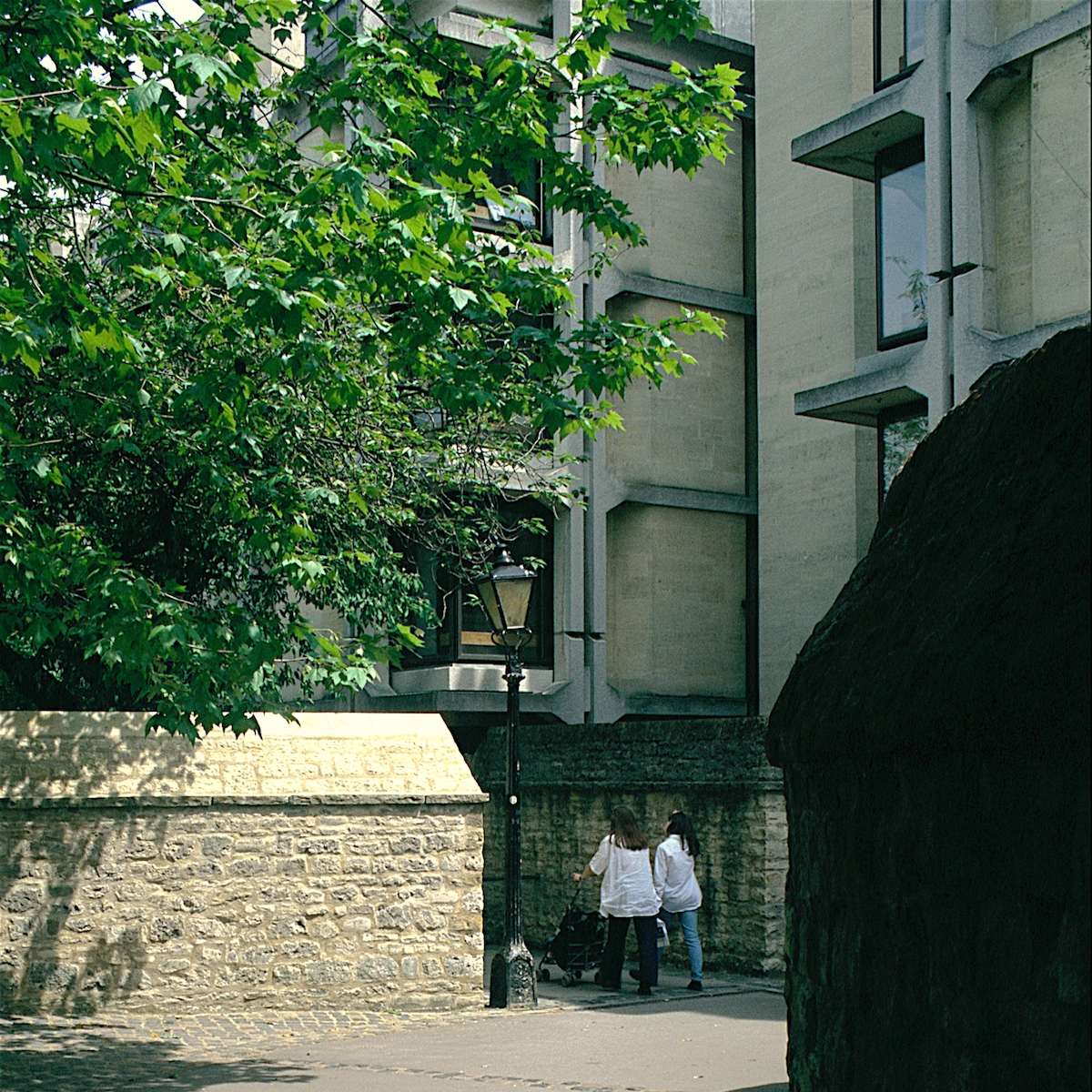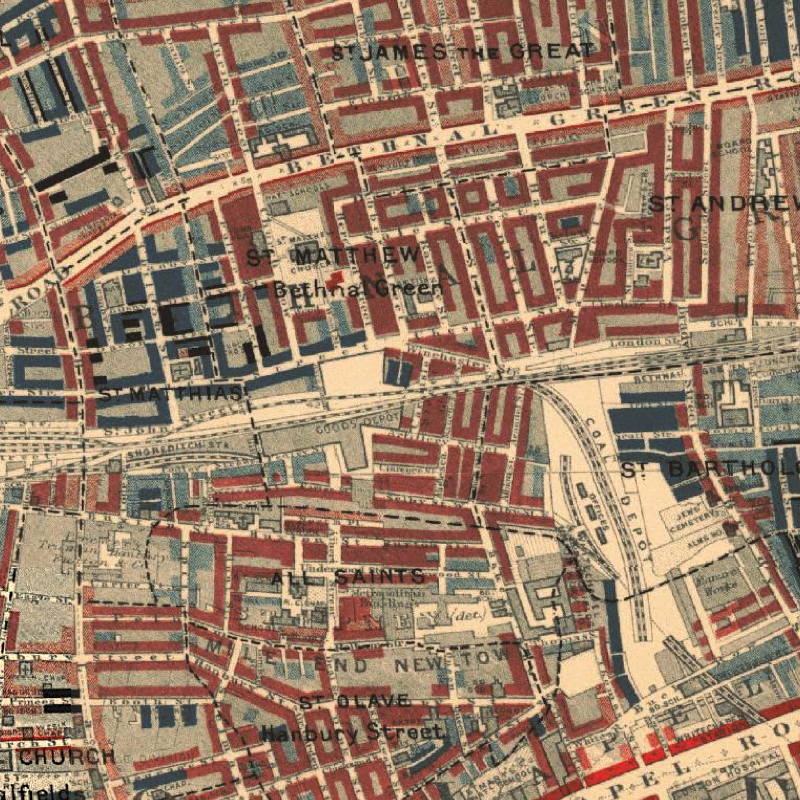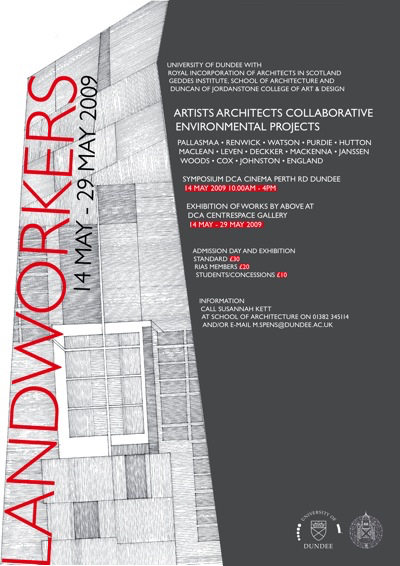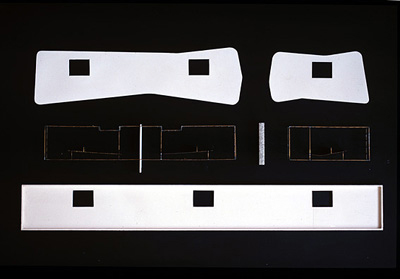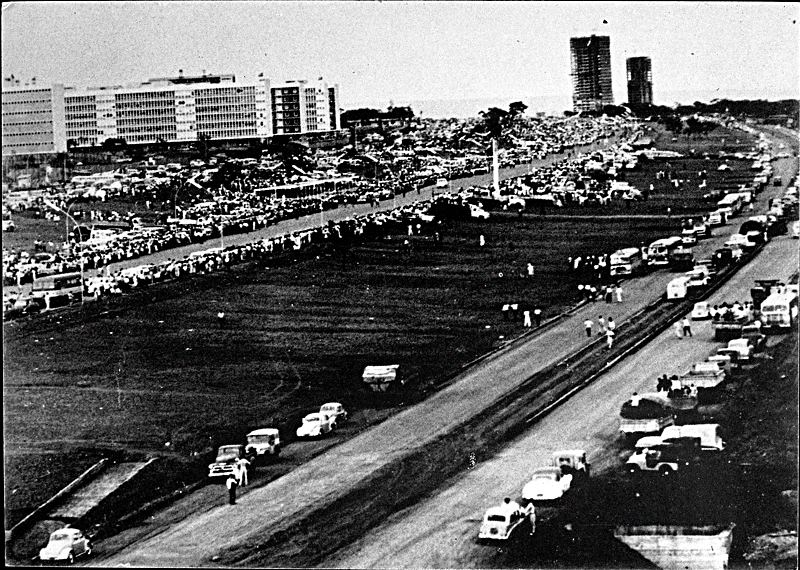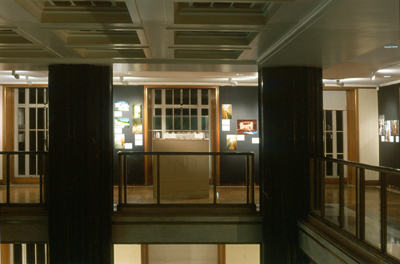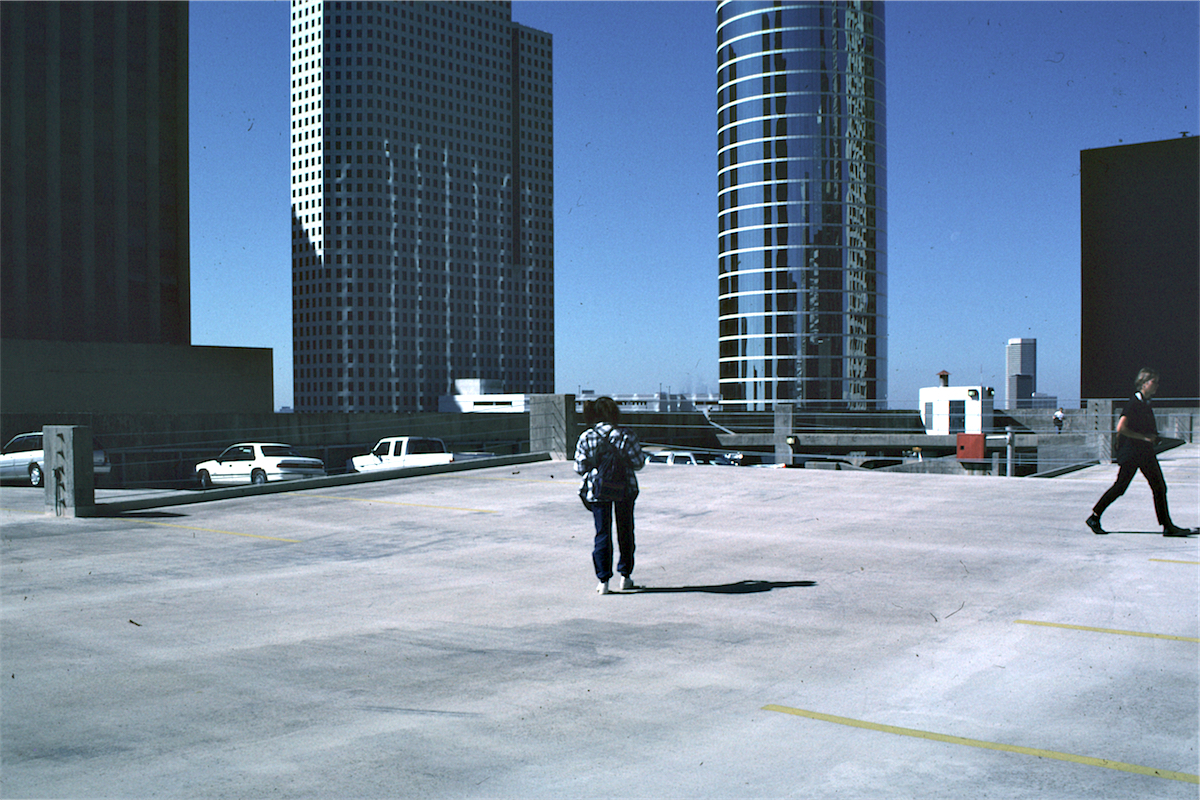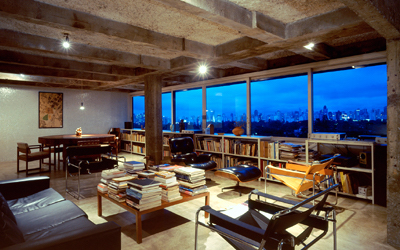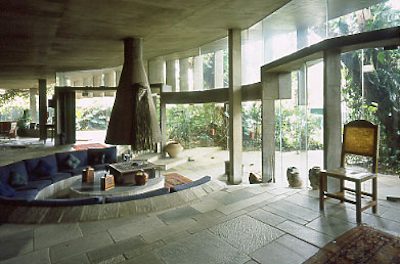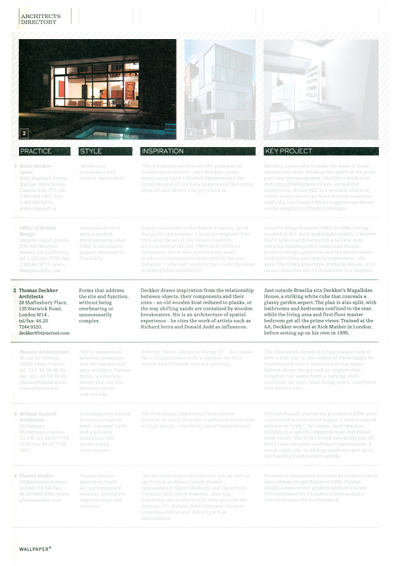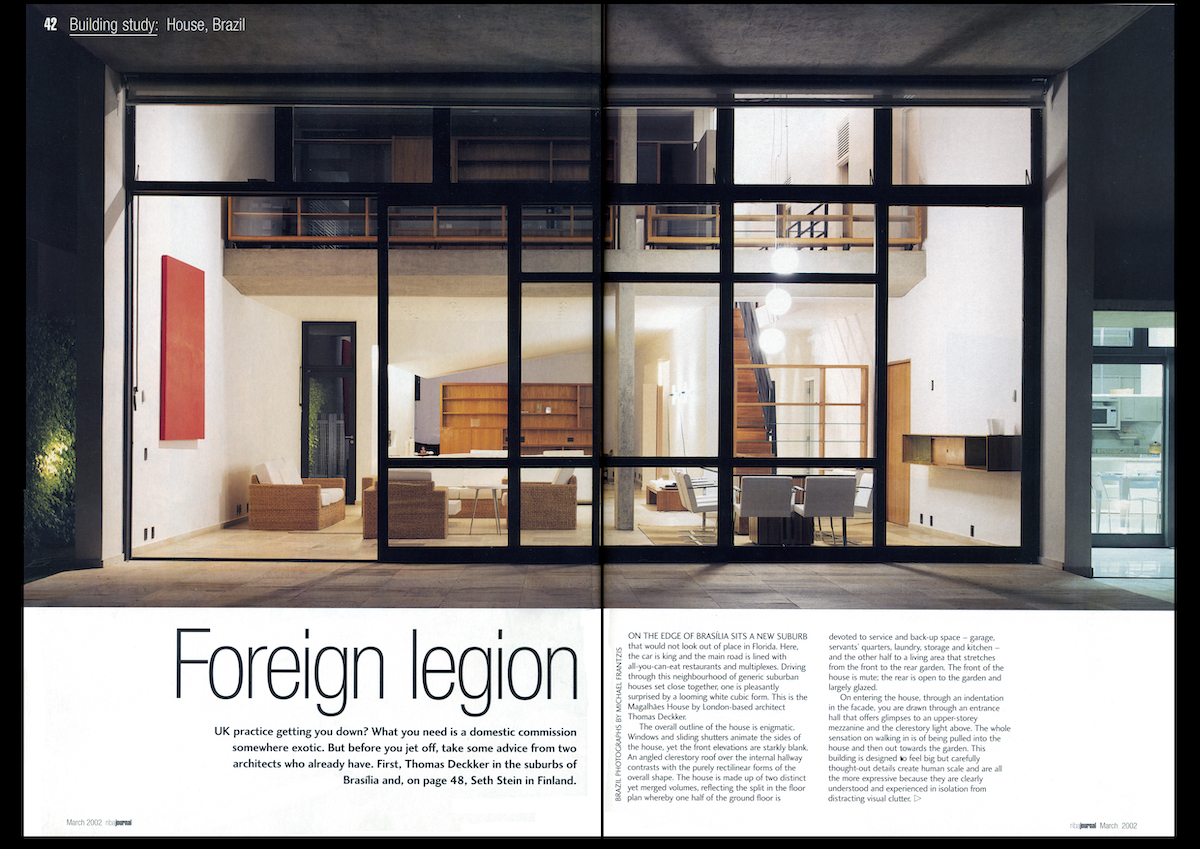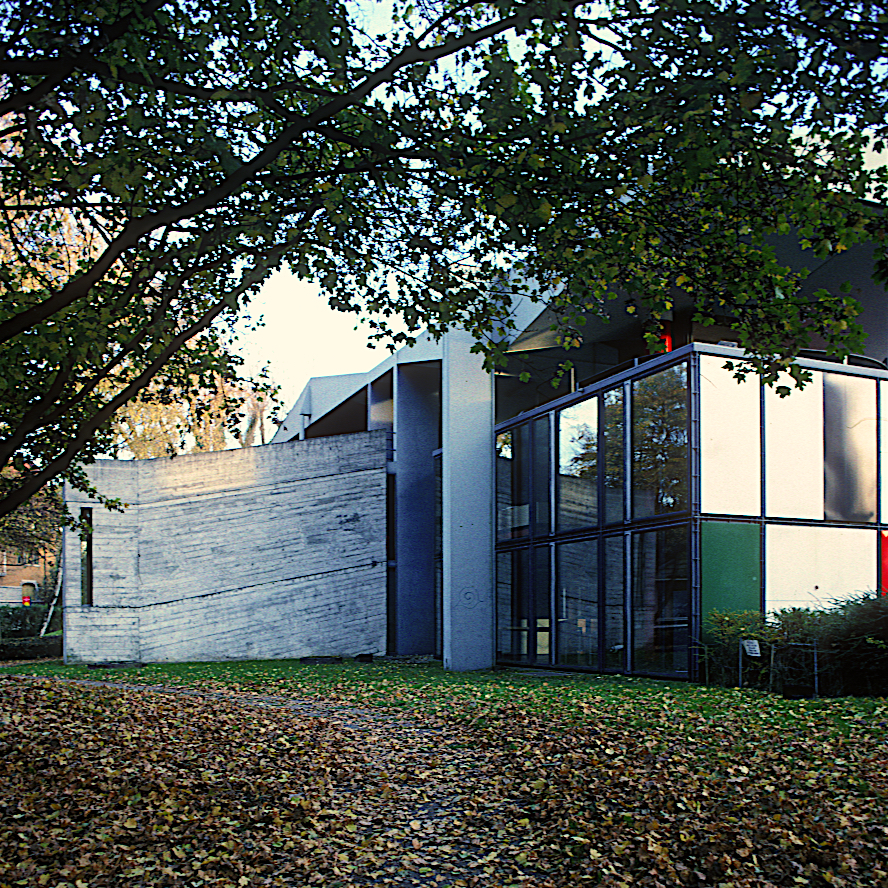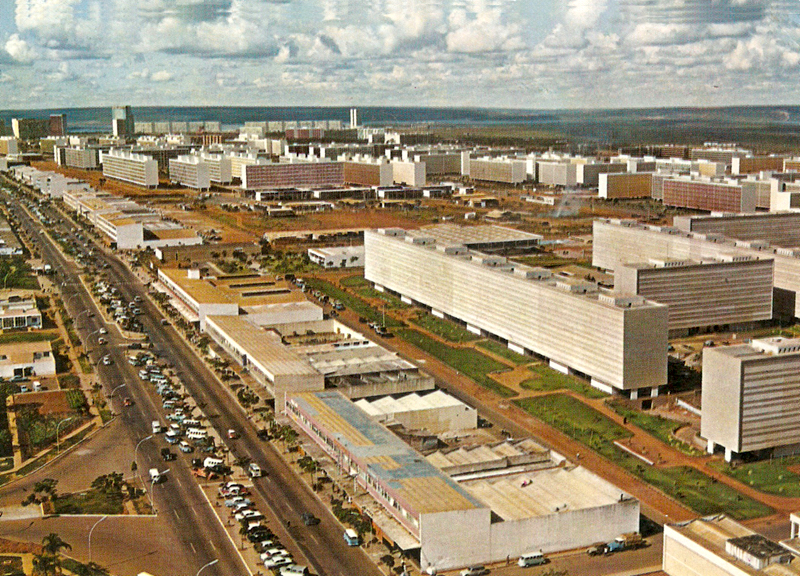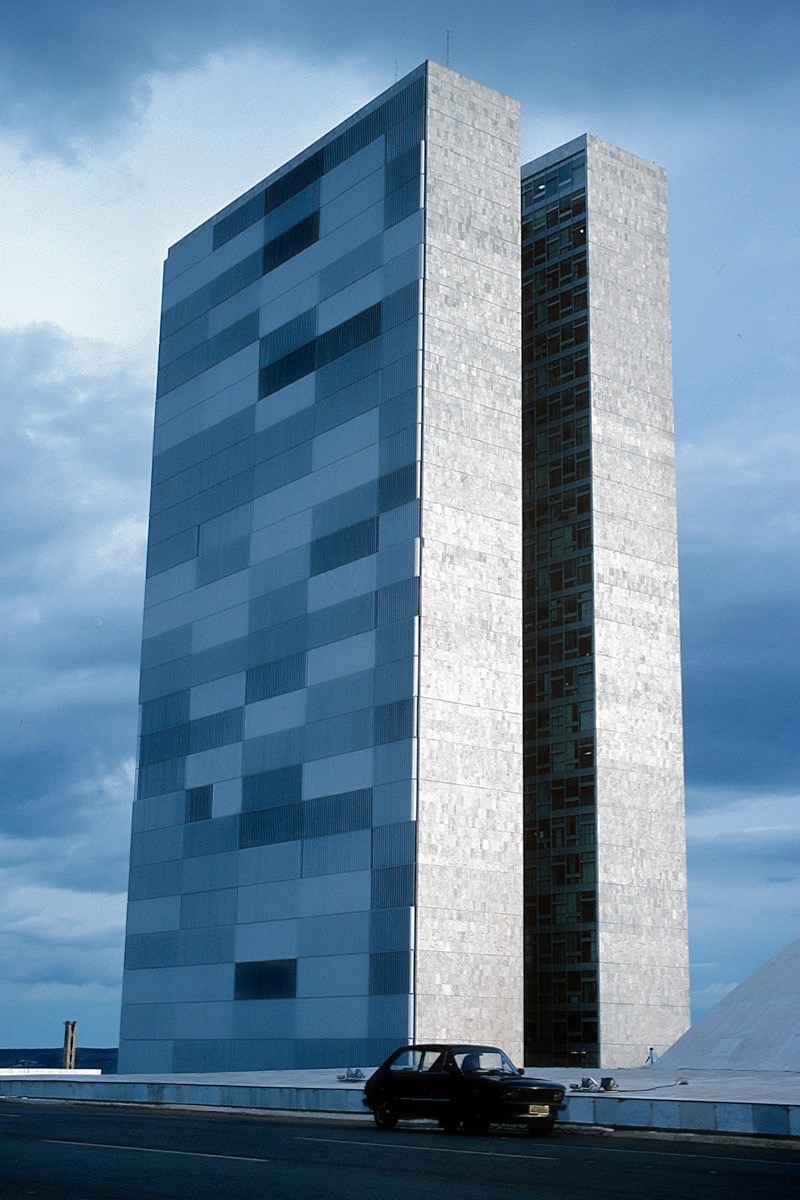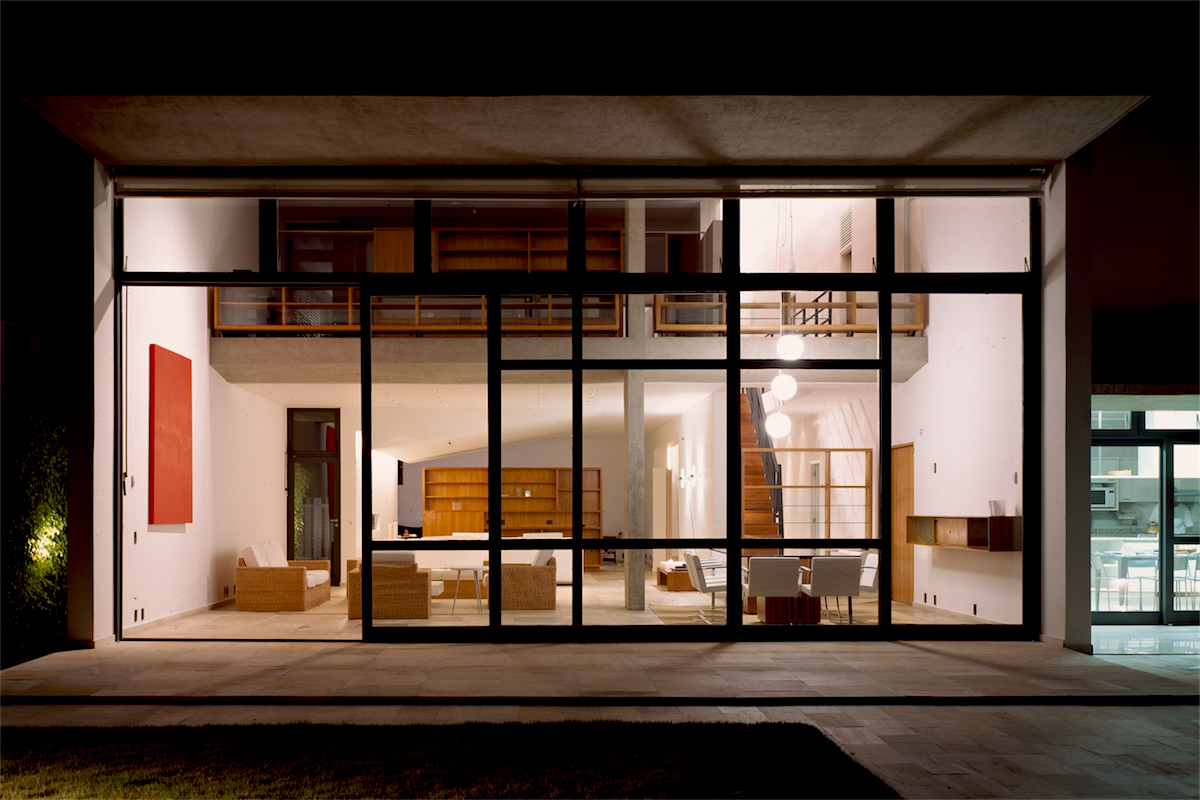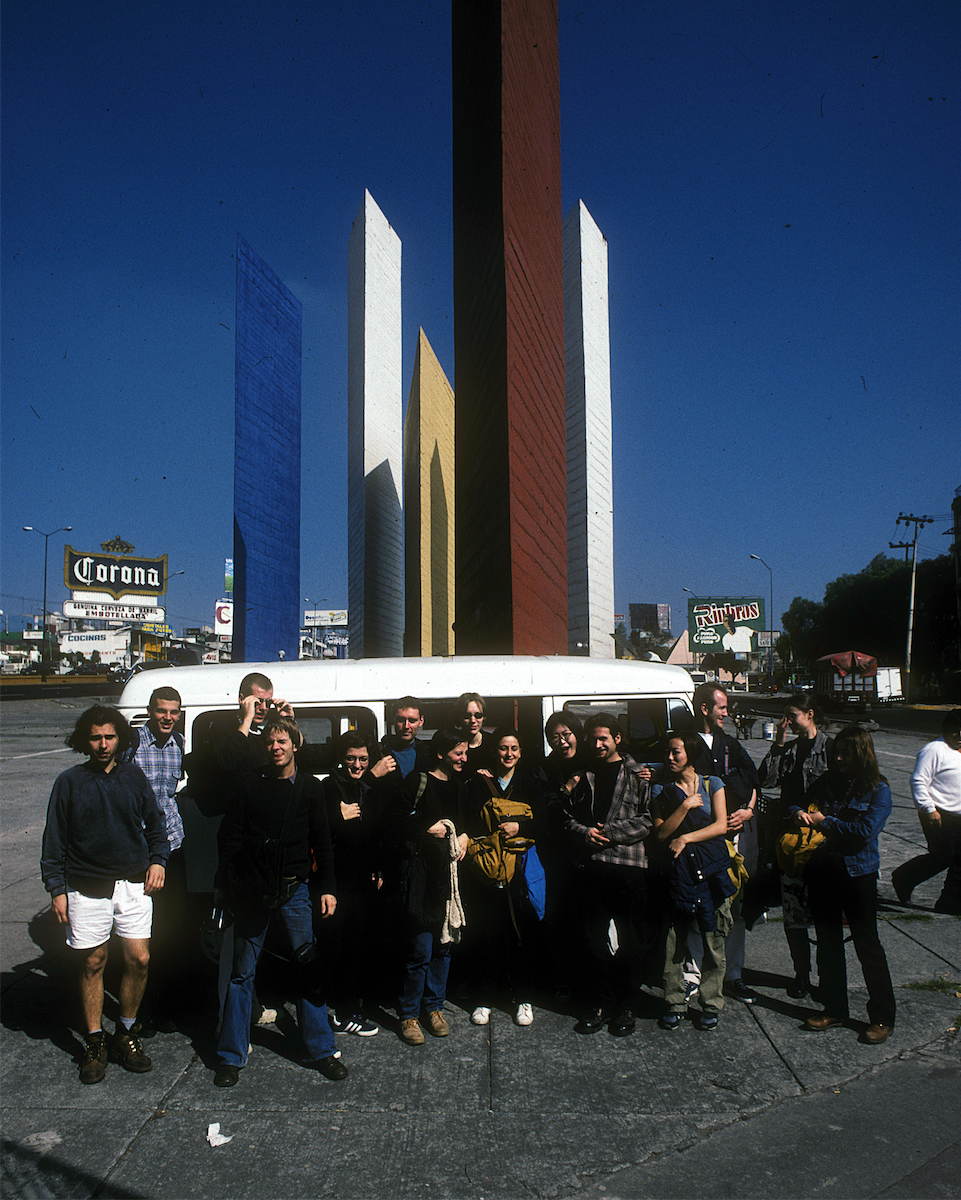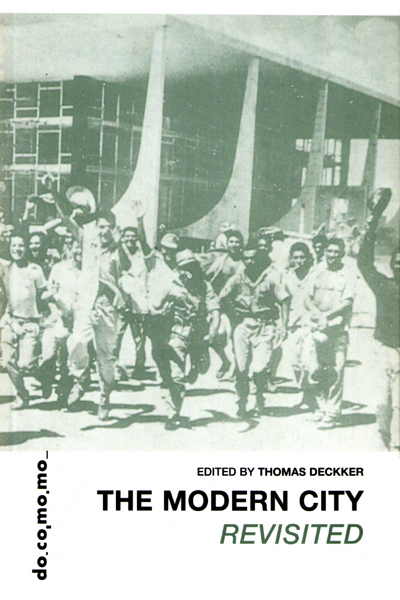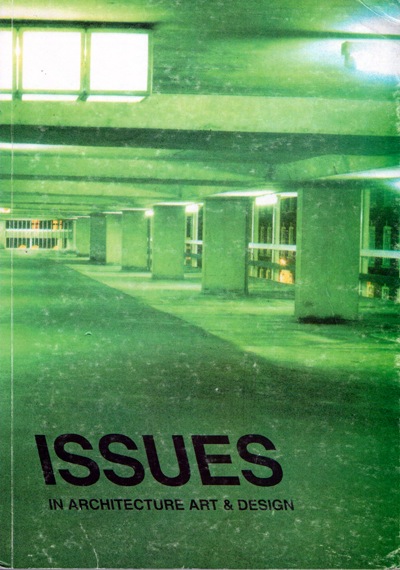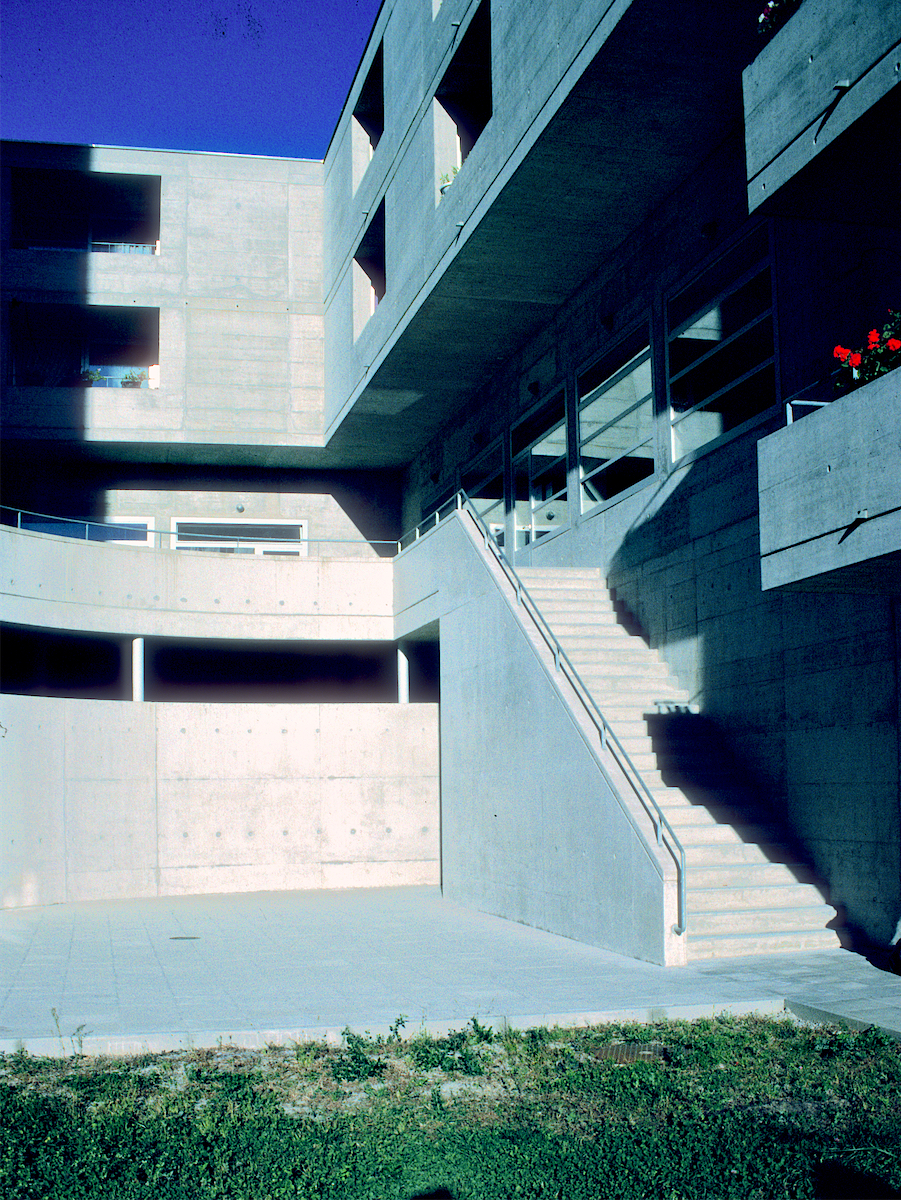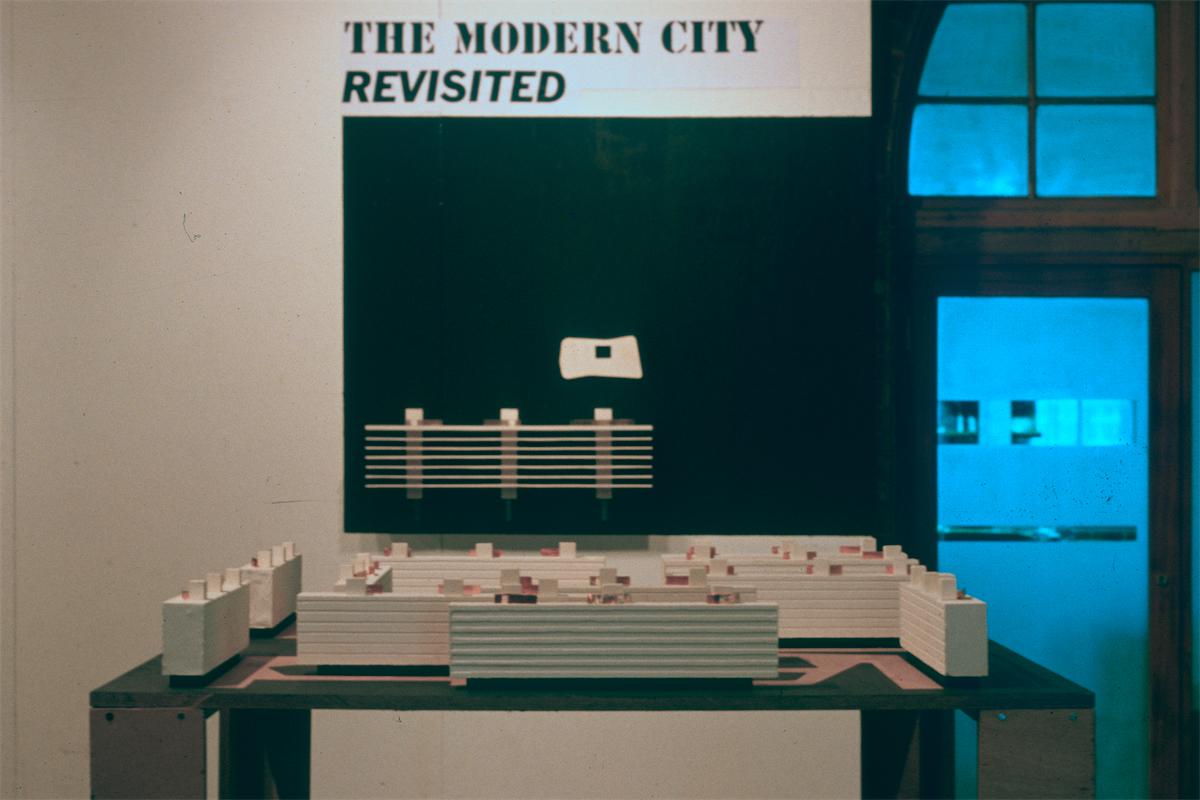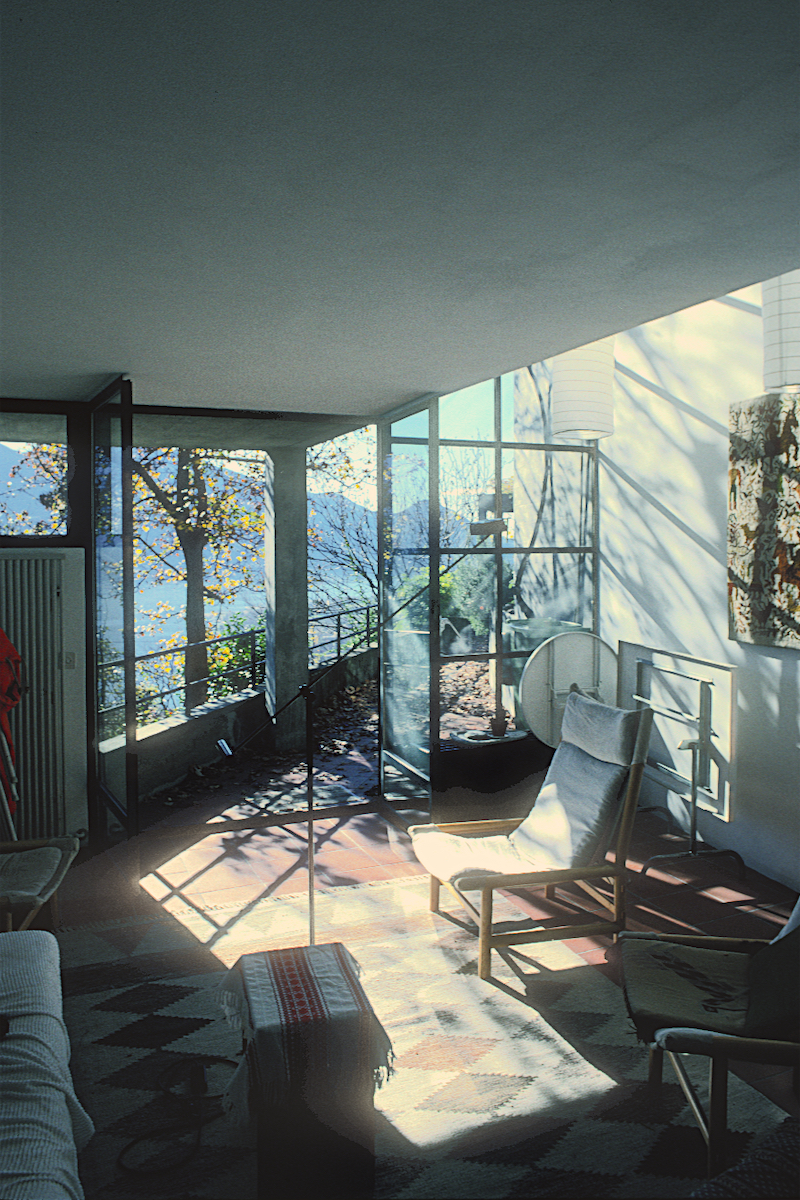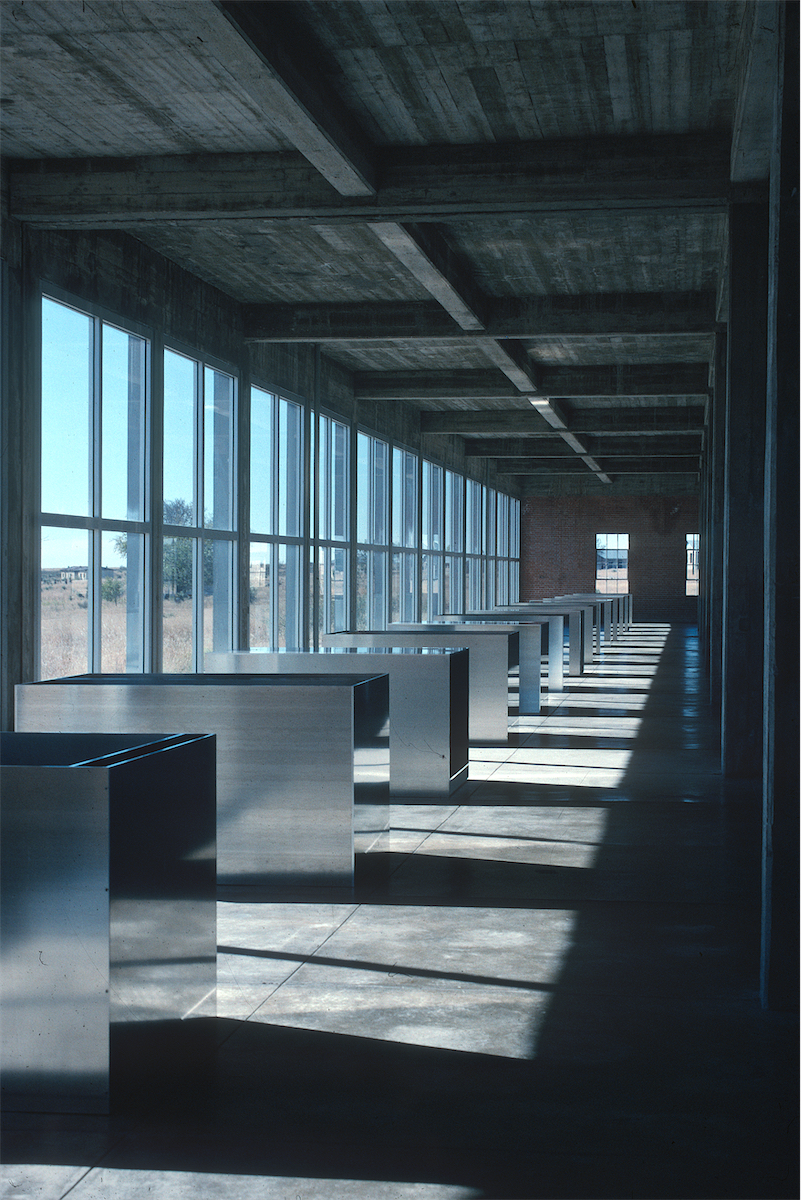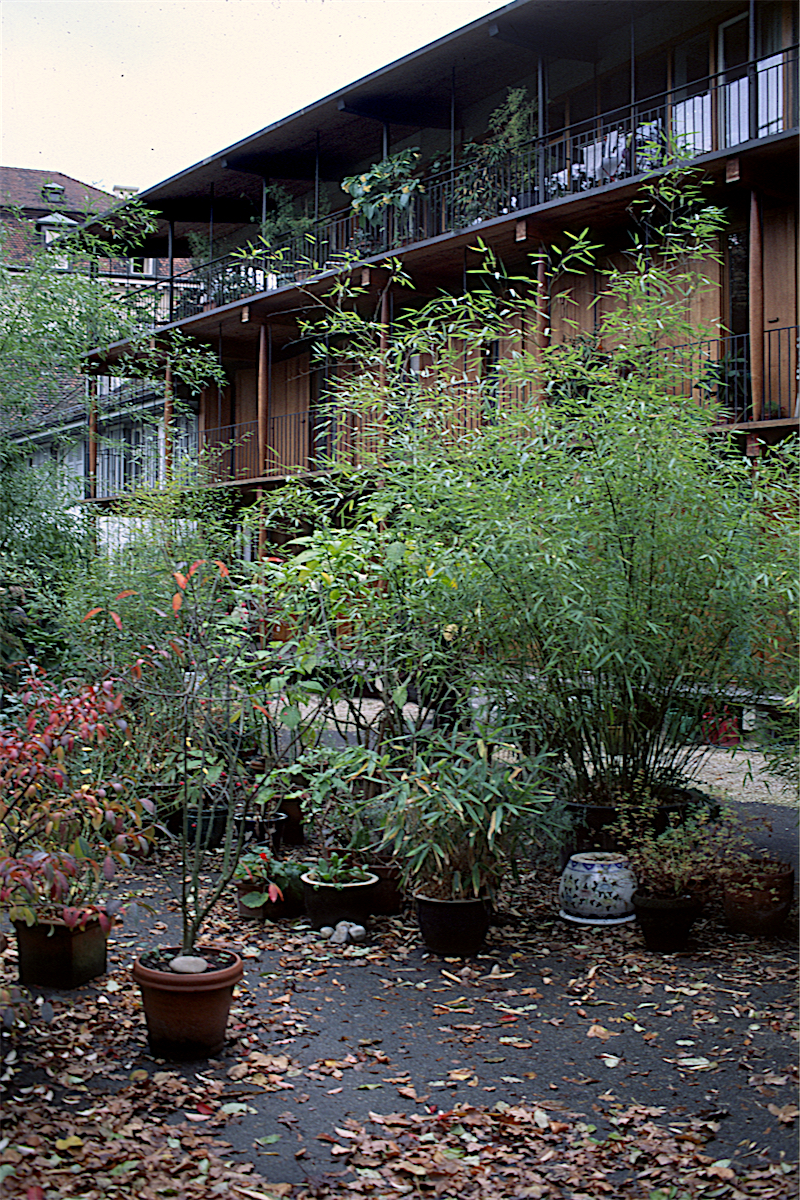The supposed rationality of the principles of urban planning of the Modern Movement encompassed a variety of attitudes towards history, technology, and culture, from the vision of Berlin as an American Metropolis, through the dispute between the urbanists and disurbanists in the Soviet Union to the technocratic and austere vision of Le Corbusier. After the Second World War, architects attempted to reconcile these utopian visions to the practical problems of constructing - or reconstructing - urban environments - from Piero Bottoni at the Quartiere Triennale 8 in Milan in 1951 to Lucio Costa at Brasília in 1957. In the 1970s, the collapse of Modernism brought about universal condemnation of Modern urbanism; urban planning, and rationality itself, were thrown into doubt. However, such a wholesale condemnation hides the complex realities underlying these Modern cities. The contributors attempt to define some of the theoretical foundations of Modern urban planning, and reassess the successes and the failures of the built results. The book ends with contrasting views of contemporary urban problems in the United States and the Netherlands.
Foreword
Alternative Visions
- Bernd Nicolai: "The Symphony of the Metropolis: Berlin in the 1920s"
- Catherine Cooke: "Cities of Socialism: technology and ideology in the Soviet Union in the 1920s"
- John Gold: "Towards the Functional City: MARS, CIAM and the London Plans 1933-42"
- James Dunnett: "Cities without Streets: The Vertical Garden City"
The triumph of Modernism
Towards the Future
- Rob Docter: 'Post-War Town Planning in its Mid-Life Crisis: Dilemmas in redevelopment'
- Paul Adamson: 'Looking Back on Our Future: Conflicting Visions and Realities of the Modern American City'
Royal Octavo 234 x 156 mm
240 pages
80000 words
120 black-and-white photographs and 10 line drawings
Publication Date: September 2000
